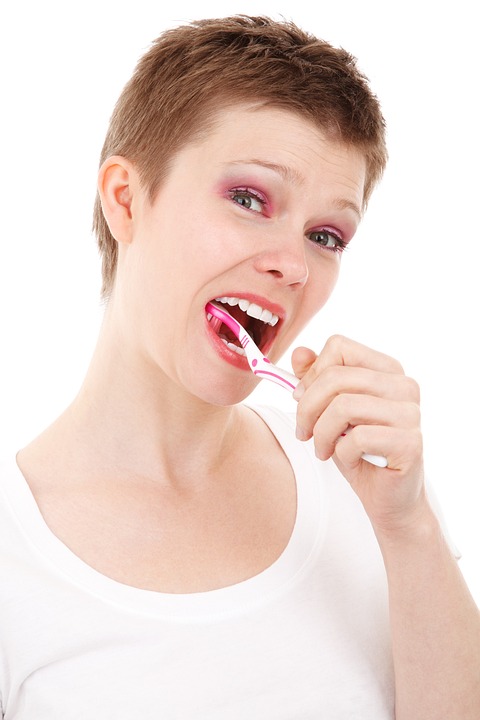Beyond Fresh Breath: Exploring the Lesser-Known Benefits of Mouthwash
Mouthwash has long been associated with freshening breath and killing bacteria, but did you know that its benefits extend far beyond oral hygiene? In this article, we will delve into the lesser-known advantages of using mouthwash and shed light on how it can contribute to your overall health and well-being.
The Power of Mouthwash
Mouthwash, also known as oral rinse or mouth rinse, is a liquid oral hygiene product used to enhance oral cleanliness. While its primary function is to freshen breath and reduce plaque buildup, certain mouthwashes offer additional benefits that go beyond what meets the eye.
1. Prevention of Gum Disease
One of the lesser-known benefits of mouthwash is its ability to prevent gum disease. Gum disease, also known as periodontal disease, is a common condition characterized by inflammation and infection of the gums. Regular use of an antimicrobial mouthwash can help control the growth of bacteria in the mouth, reducing the risk of gum disease and promoting overall gum health.
2. Reduction of Cavity Formation
Mouthwash can also aid in reducing the formation of cavities. Certain mouthwashes contain fluoride, a mineral that helps strengthen tooth enamel and prevent tooth decay. By incorporating fluoride mouthwash into your oral care routine, you can provide an additional layer of protection against cavities, especially in areas that may be difficult to reach with a toothbrush or floss.
3. Alleviation of Dry Mouth
Dry mouth, also known as xerostomia, can cause discomfort and increase the risk of oral health problems. Many mouthwashes contain ingredients that stimulate saliva production, helping to alleviate dry mouth symptoms. By keeping the mouth adequately moist, mouthwash can contribute to better oral health and overall comfort.
4. Reduction of Oral Infections
Mouthwashes with antimicrobial properties can help reduce the risk of oral infections. These infections can range from minor issues like canker sores to more severe conditions like oral thrush. By using an antimicrobial mouthwash regularly, you can help keep harmful bacteria at bay and minimize the likelihood of developing oral infections.
Frequently Asked Questions (FAQs)
Q: Can mouthwash replace brushing and flossing?
A: While mouthwash is a valuable addition to your oral care routine, it should not replace brushing and flossing. Brushing twice a day and flossing once a day remain essential for maintaining optimal oral hygiene.
Q: How often should I use mouthwash?
A: It is generally recommended to use mouthwash twice a day, after brushing and flossing. However, it is important to follow the instructions provided on the specific mouthwash product, as different formulations may have different usage guidelines.
Q: Are there any side effects of using mouthwash?
A: Most mouthwashes are safe to use as directed. However, some individuals may experience temporary side effects such as a burning sensation or an allergic reaction. If you experience any adverse effects, discontinue use and consult your dentist or healthcare professional.
Q: Can children use mouthwash?
A: The use of mouthwash in children should be supervised by an adult. It is important to ensure that the child can rinse and spit out the mouthwash properly to avoid swallowing it. Consult with a dentist or pediatrician for specific recommendations regarding mouthwash use in children.
Conclusion
Beyond its primary function of freshening breath, mouthwash offers several lesser-known benefits that contribute to oral health and overall well-being. From preventing gum disease to reducing cavity formation and alleviating dry mouth, incorporating mouthwash into your daily oral care routine can provide additional protection and improve your overall oral hygiene. Remember to choose a mouthwash that suits your specific needs and consult with your dentist for personalized recommendations.
For more information on the benefits of mouthwash, check out this informative article.




